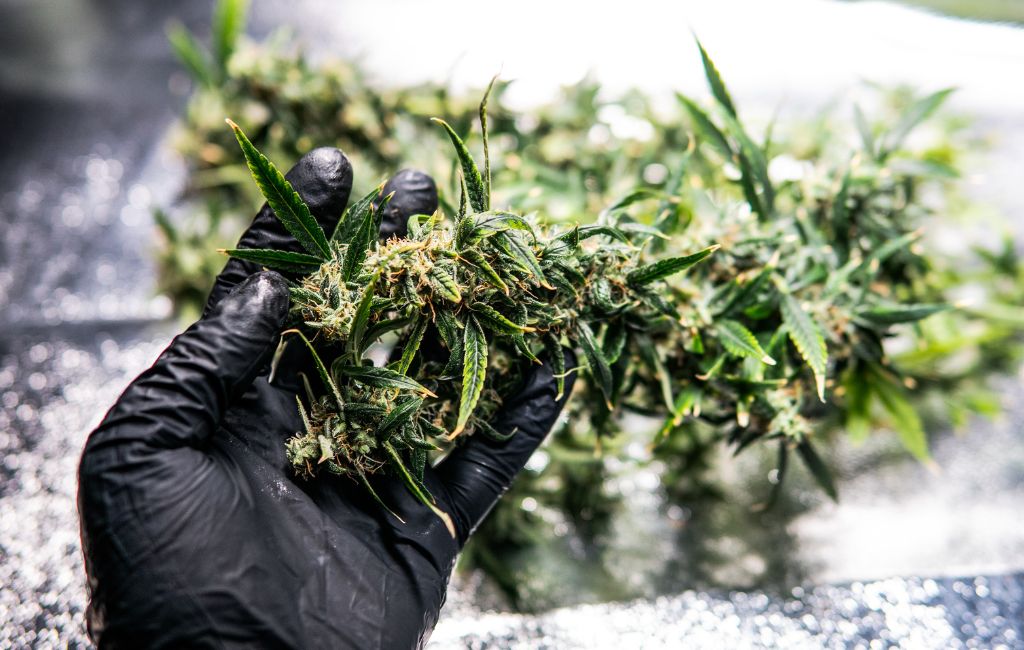THCa Flowers for Wellness and Natural Relief
In recent years, the interest in cannabis and its derivatives has surged, with many seeking natural alternatives for wellness and relief. Among the various compounds found in cannabis, THCa (tetrahydrocannabinolic acid) has gained attention for its potential benefits. This article explores the properties of THCa flowers, their potential uses, and the growing interest in them as a natural remedy.
Understanding THCa: The Basics
THCa is a non-psychoactive cannabinoid found in raw and live cannabis plants. Unlike THC, which is known for its psychoactive effects, THCa does not produce a “high.” This makes it an appealing option for those looking to experience the therapeutic benefits of cannabis without the mind-altering effects.
How THCa Works
THCa interacts with the body’s endocannabinoid system, which plays a role in regulating various physiological processes. While research is still ongoing, preliminary studies suggest that THCa may have anti-inflammatory, neuroprotective, and anti-emetic properties. These potential benefits have sparked interest in using THCa for various health conditions.
Potential Benefits of THCa Flowers
THCa flowers are gaining popularity for their potential to provide natural relief for a range of ailments. Here are some areas where THCa may offer benefits:
- Inflammation and Pain Relief: Some studies suggest that THCa may help reduce inflammation and alleviate pain, making it a potential option for those with chronic pain conditions.
- Neuroprotection: Research indicates that THCa may have neuroprotective properties, which could be beneficial for neurodegenerative diseases.
- Nausea and Appetite Stimulation: THCa may help reduce nausea and stimulate appetite, offering potential relief for individuals undergoing treatments like chemotherapy.
Case Studies and Research
While comprehensive clinical trials are still needed, several case studies and preliminary research provide insights into the potential of THCa:
- A study published in the Journal of Pharmacology found that THCa exhibited anti-inflammatory effects in animal models, suggesting its potential for treating inflammatory conditions.
- In a case study involving a patient with epilepsy, THCa was reported to reduce seizure frequency, highlighting its potential as an adjunct therapy for seizure disorders.
- Research conducted by the University of Guelph demonstrated that THCa could protect neurons from oxidative stress, indicating its neuroprotective potential.
How to Use THCa Flowers
THCa flowers can be consumed in various ways, each offering different benefits:
- Raw Consumption: Consuming raw THCa flowers in smoothies or salads preserves the non-psychoactive properties and maximizes potential health benefits.
- Juicing: Juicing fresh cannabis leaves and flowers is a popular method to intake THCa, providing a nutrient-rich beverage.
- Tinctures and Oils: THCa can be extracted into tinctures or oils, offering a convenient way to incorporate it into daily routines.
Legal Considerations
The legal status of THCa varies by region, as it is often classified under the same regulations as THC. It’s important for consumers to be aware of local laws and regulations regarding the use and possession of cannabis products.
Consumer Experiences and Testimonials
Many individuals have shared positive experiences with THCa flowers, reporting improvements in various health conditions. Testimonials often highlight the non-psychoactive nature of THCa as a significant advantage, allowing users to maintain clarity while seeking relief.
Conclusion
THCa flowers present a promising option for those seeking natural wellness solutions. With potential benefits ranging from inflammation reduction to neuroprotection, THCa offers a unique approach to health and relief. As research continues to unfold, the understanding and applications of THCa are likely to expand, providing more opportunities for individuals to explore its potential benefits.
